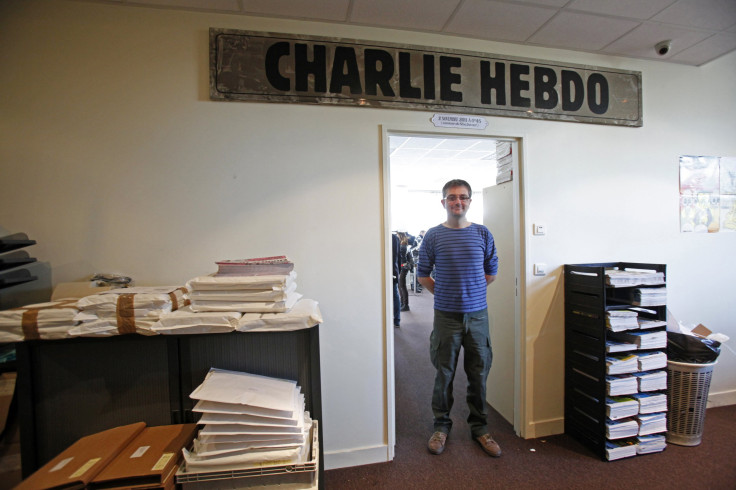Slain Charlie Hebdo Editor Slams 'Fraudsters Of Islamophobia' From Beyond The Grave

In a book published just months after he was gunned down by Islamist militants at his office in Paris, Stéphane Charbonnier, the editorial director of the French satirical weekly Charlie Hebdo, expressed concern that the struggle against perceived Islamophobia was being used to stifle genuine criticism of the religion. Extracts of the book, which was completed just two days before he was killed, were published by several French media outlets on Thursday.
“One day, for a laugh, I will have to publish all the threats I received at Charlie Hebdo,” Charbonnier, better known as Charb, reportedly wrote in the book, titled “Open Letter to the Fraudsters of Islamophobia Who Play into the Hands of Racists.” Charbonnier, who had been on al Qaeda’s hit list long before he was killed, also criticized the media, politicians and certain civil society groups for their “disgusting white, left-wing bourgeois paternalism.”
“A lot of those who campaign against Islamophobia don't actually do it to defend Muslims as individuals, but to defend Prophet Mohammed's religion,” he reportedly wrote, arguing that all religions, including Islam, were open to mockery and ridicule.
“By what twisted logic is humor less compatible with Islam than with any other religion? … If we let it be understood that we can laugh at everything except certain aspects of Islam because Muslims are much more susceptible than the rest of the population, isn’t that discrimination?,” he reportedly wrote.
Charbonnier, along with 10 other people, was killed by gunmen who attacked Charlie Hebdo’s offices in January. The attackers Said and Cherif Kouachi -- who were believed to be affiliated to al Qaeda’s branch in Yemen -- were later shot dead during a gun battle with French police.
Although the book does not contain any new caricatures, Charbonnier does not shy away from taking digs at both Islam and Christianity.
“The problem is not the Koran or the Bible, which are soporific, inconsistent and poorly written novels,” Charbonnier argued, in the book. “[The problem is with] the believers who read the Koran or the Bible as we read the instruction manual on how to assemble an Ikea shelf.”
© Copyright IBTimes 2024. All rights reserved.












